AACC hosted its first innovation summit to highlight student entrepreneurs, small businesses started on campus and showcase artificial intelligence technology on Thursday.
The School of Science, Technology and Education, and the Entrepreneurial Studies Institute partnered with the Maryland Tech Council, the Maryland Department of Commerce, the Anne Arundel Economic Development Corporation, Google, Dell Technologies, Version Business and Thibodeau to host the college’s first innovation summit.
At the innovation summit, six panelists presented their inspiration, insights and business advice to AACC students. In addition, keynote speaker Mark Thomas, Dell Technology’s senior data scientist and AI solutions architect, spoke to students, faculty and staff about the “third wave of AI” and the implications of Agentic AI, a form of AI that takes a more active role in problem-solving.
“We have to embrace [AI],” Thomas said.
At the event, Thomas showcased Dell Technology’s new text-to-speech generative AI software Veronica, a program that could answer questions in 50 foreign languages, with exceptions for questions that were political.
According to Thomas, his team at Dell Technologies programmed the AI with “guard rails” so she would avoid answering those types of questions to “strike a middle ground.”
The technology is “not static” and can be programmed to fit the needs of any customer, organization or business, Thomas said.
Gavin Kesselring, a second-year business management student, said he “was very excited” about the event.
“I’ve always been very pro-AI,” Kesselring said. “AI is the way of the future.”
Kesselring, who also won $500 for the Tech award at the Big IDEA event for his Peake Technology Labs, a business that helps other technology start-ups, said AI is “extremely helpful” for businesses because it can help with management.
Mattie Peri, a second-year web design student, said she went in expecting a “dystopian” presentation but came out saying it was “pretty reasonable.”
“I see a lot of people freaking out about [how] it’s ‘going to steal our jobs,’” Peri said. But “I don’t think [it will] at least not, like, anytime soon.”
AI will be “very useful” in upcoming years but can’t “do anything without human review” because it can “hallucinate,” according to Peri.
AI “can make stuff up and it’s biased,” Peri said. “So it’s better as, you know, something that can speed up and streamline the process.”
Thomas suggested that his AI technology could replace the AACC website at the event, which is something Peri disagreed with.
“I would be really annoyed if I was trying to browse my college website and some chat bot was trying to chat me up,” Peri said. “I do agree that the AACC website needs a lot of work. It’s very busy and complicated and not super easy to navigate, but I feel like [an AI software] would be oversimplifying.”
Peri added: “I don’t [like] having that be the main thing when you open your website [instance] is talking to some 3D model woman who is obviously not real. I don’t think I would find that very appealing.”



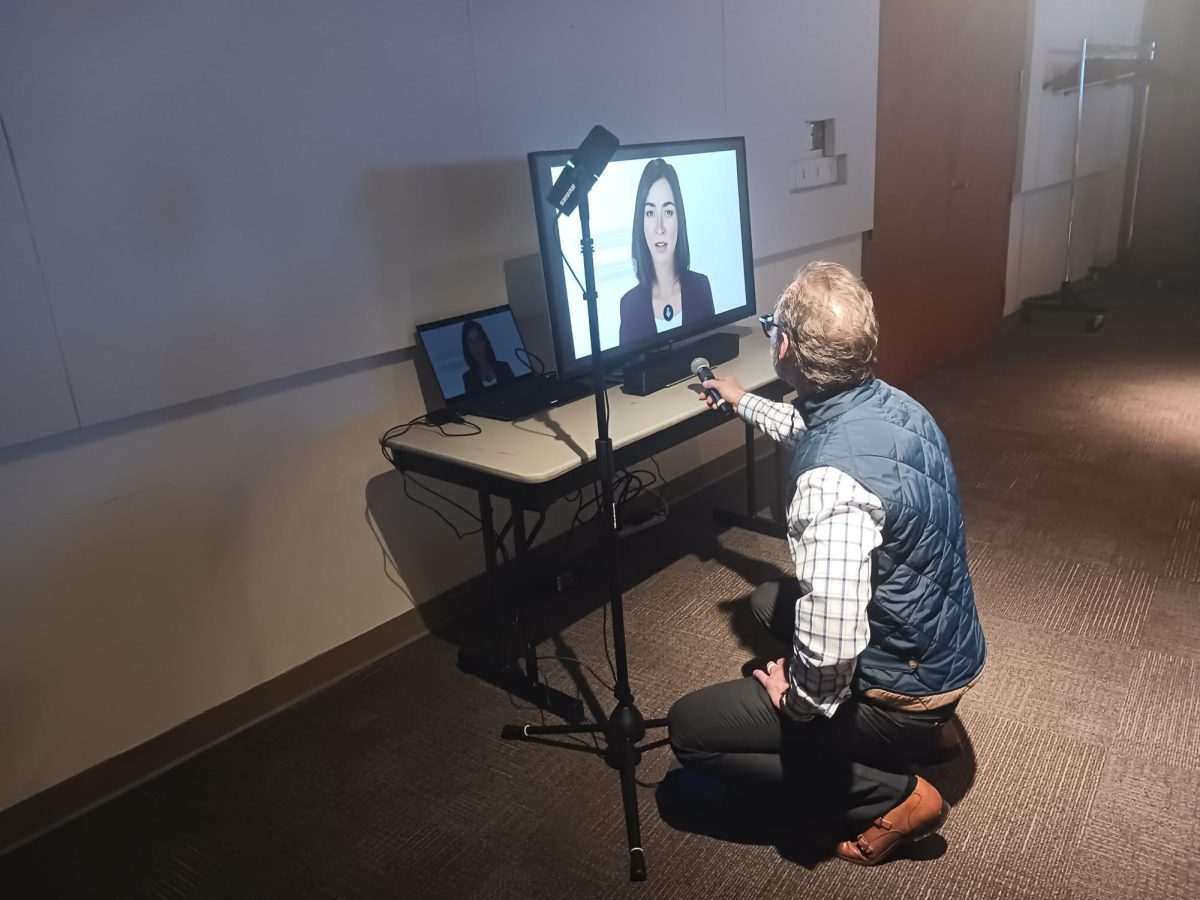


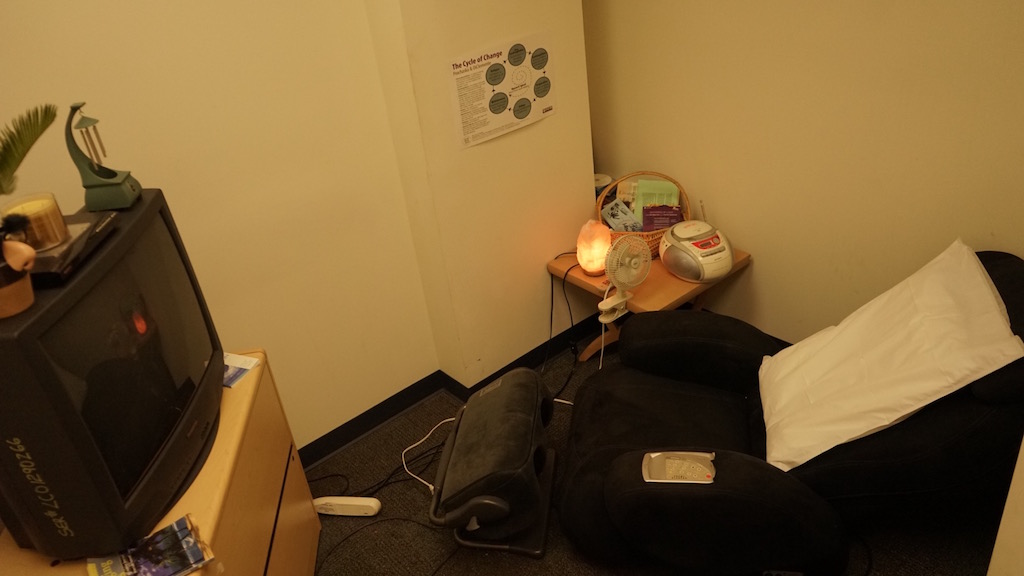
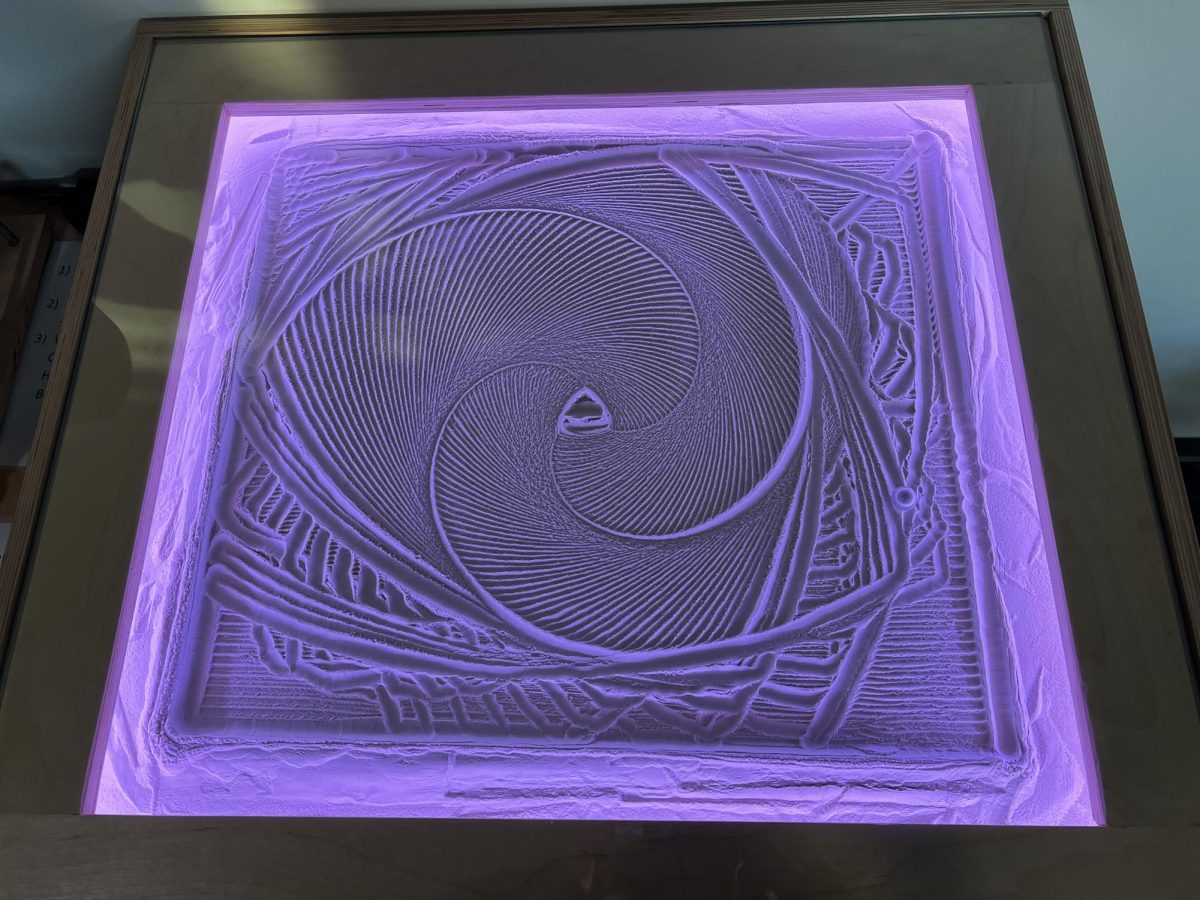


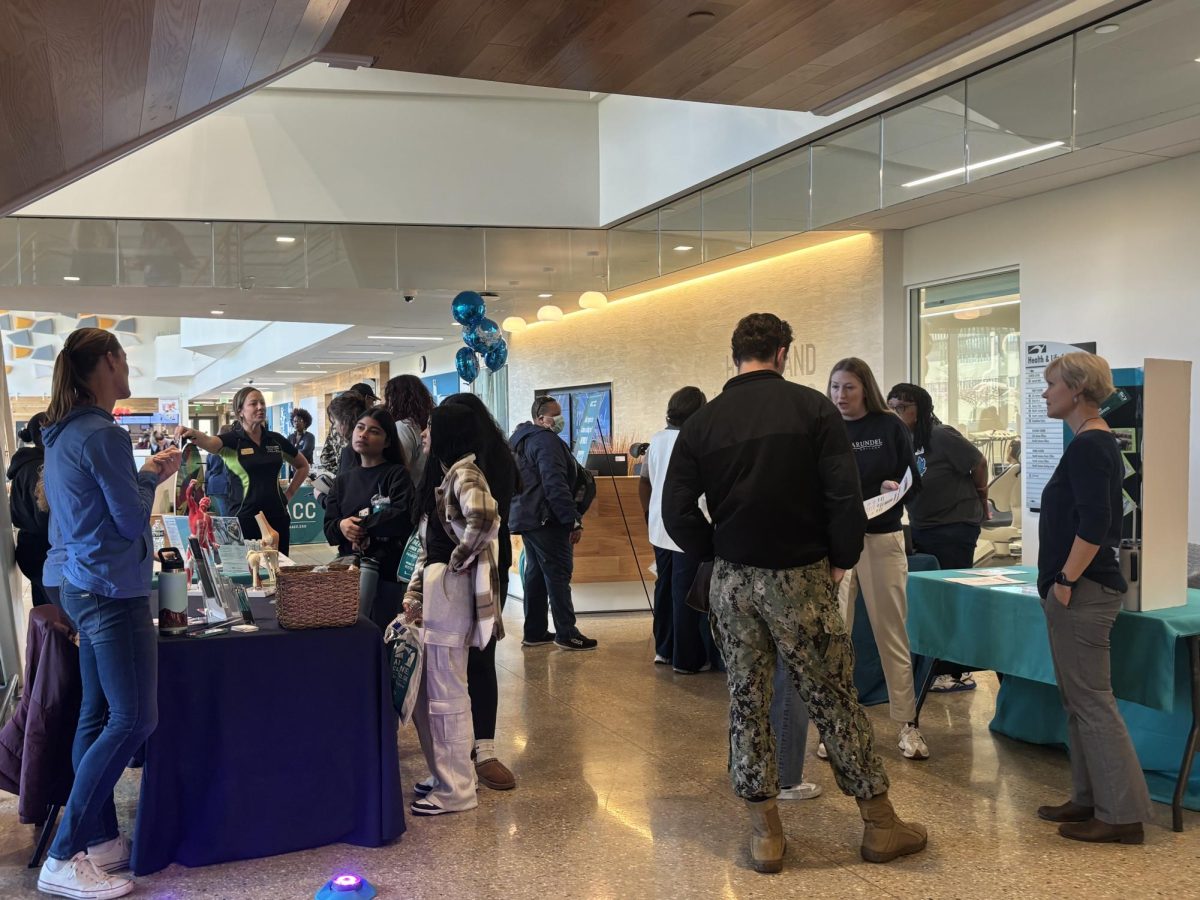
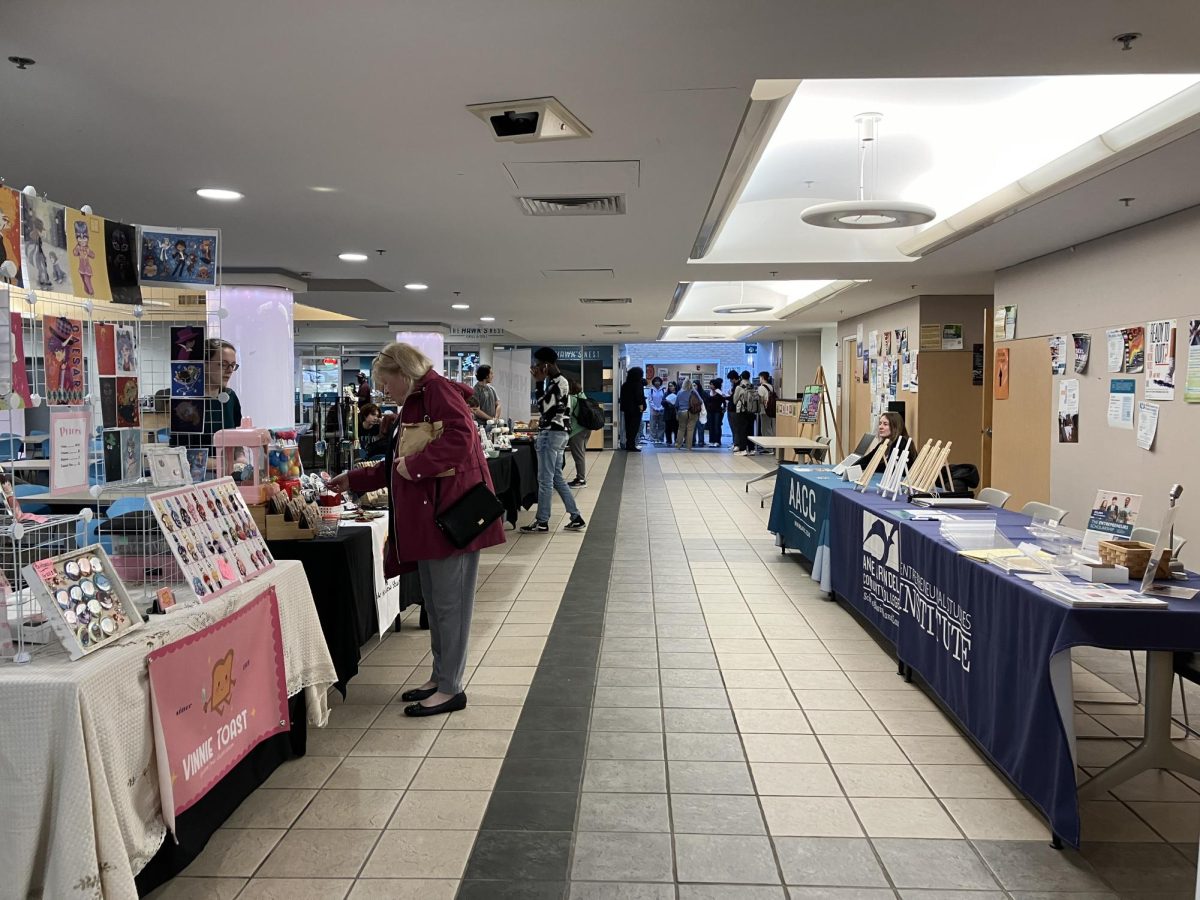
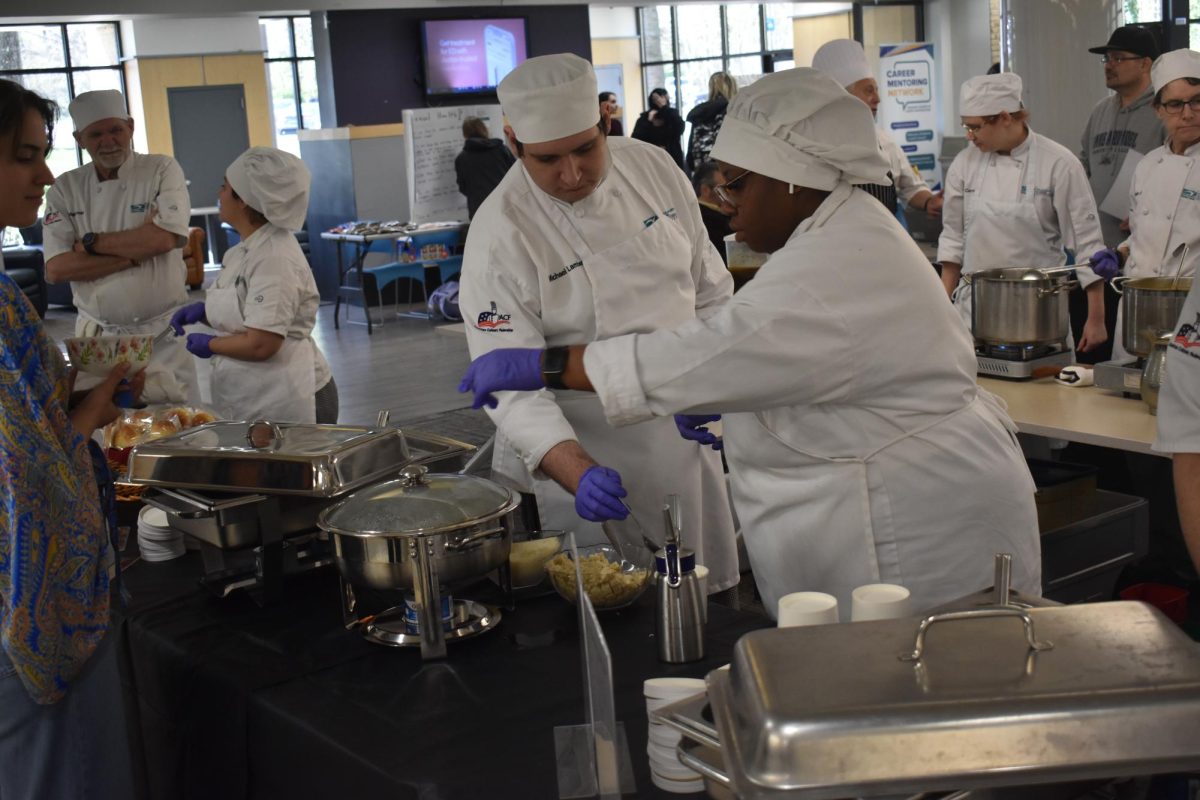

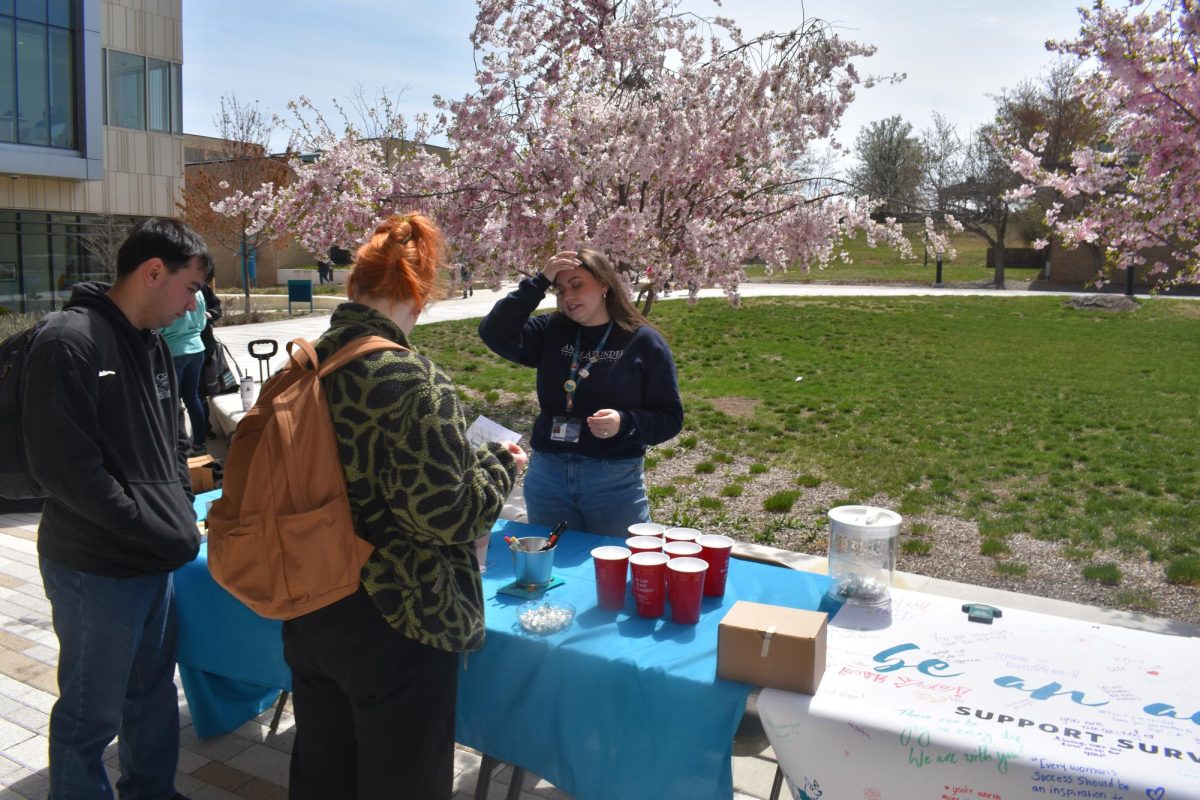
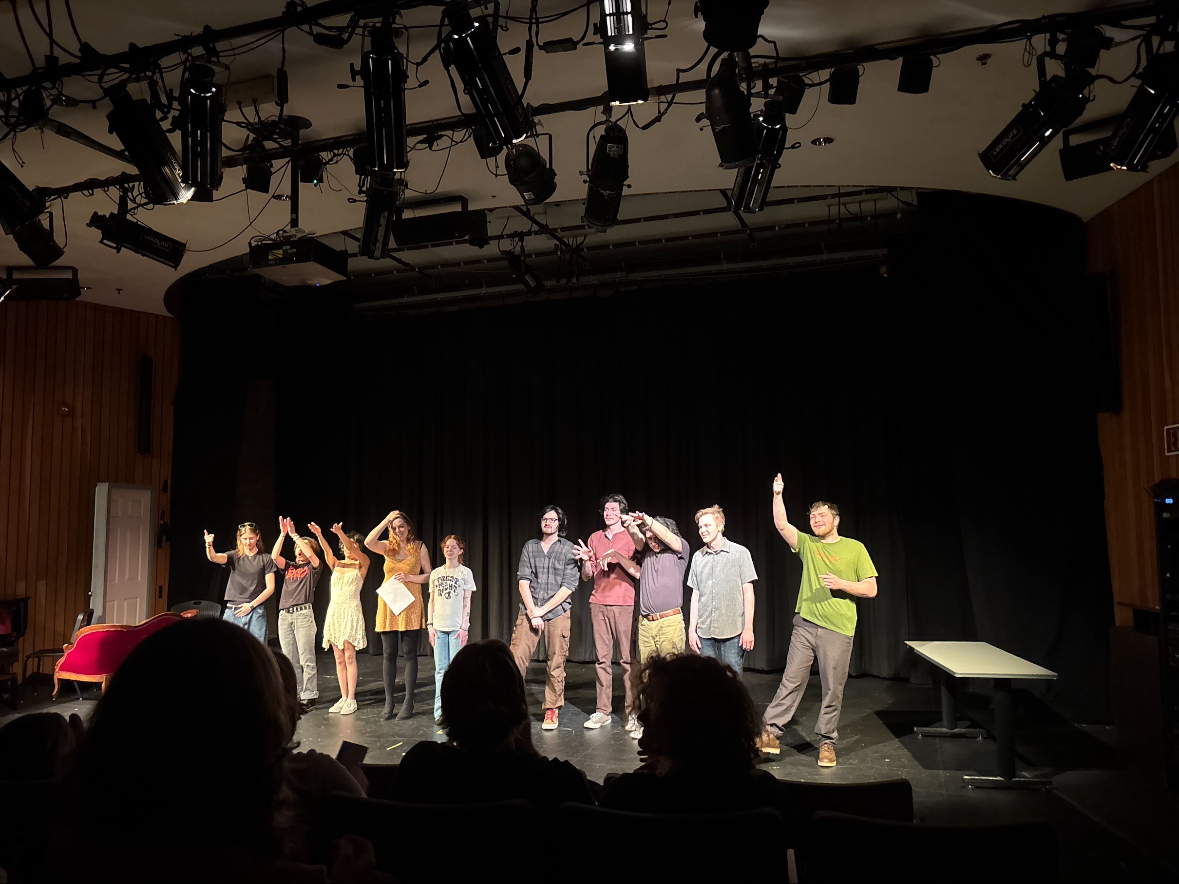
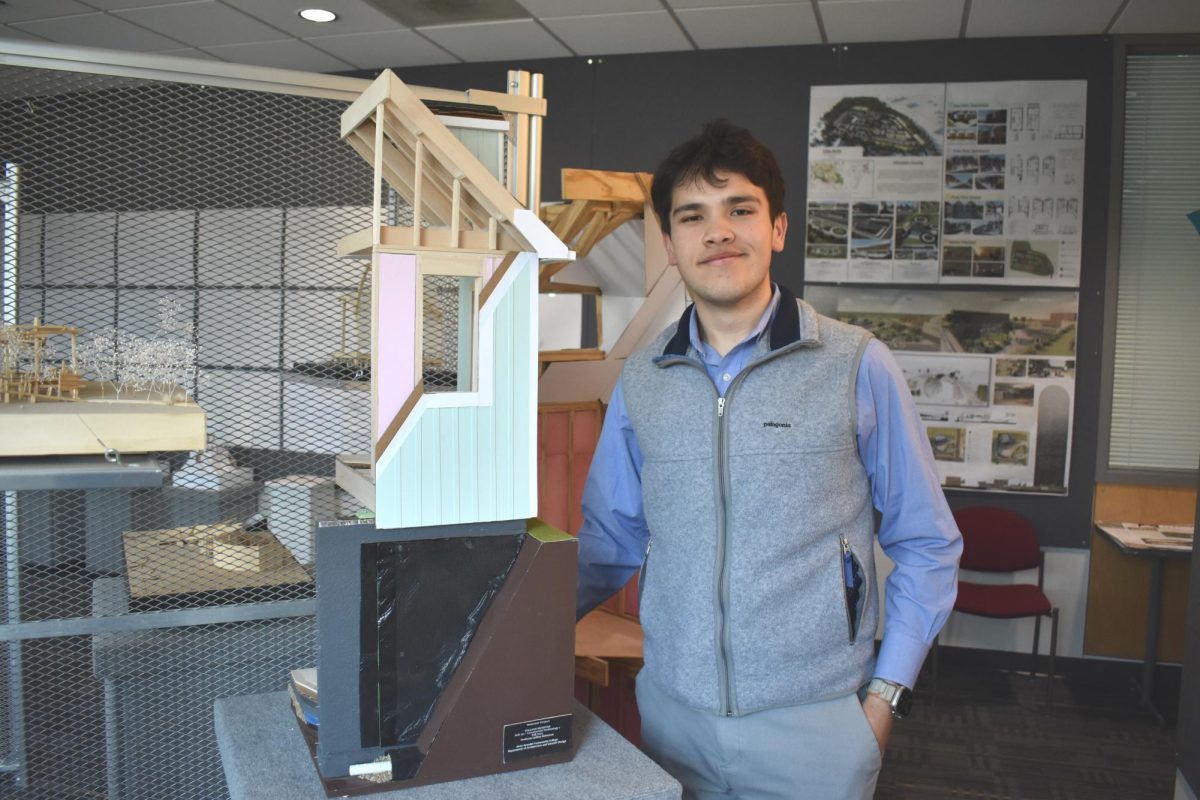




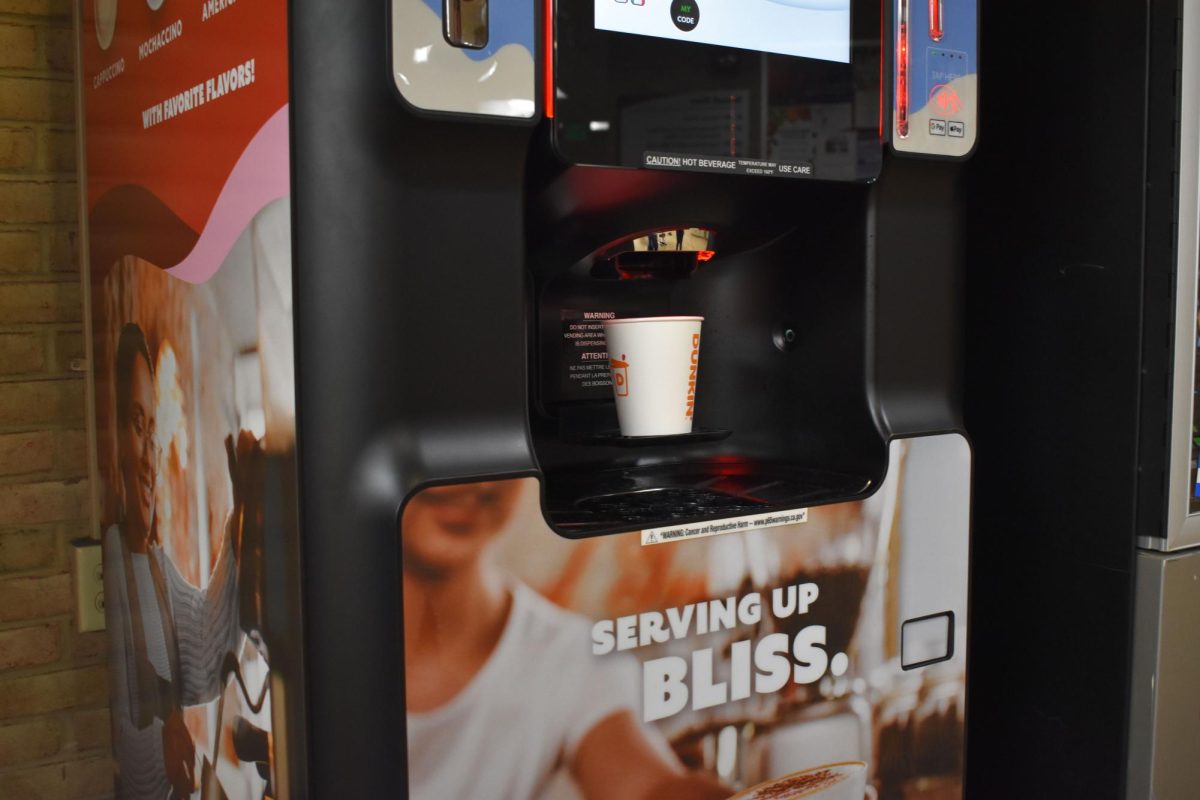
Mark Thomas • Nov 29, 2024 at 1:09 PM
Nice summary of the sessions.
I would like to clarify a few point:
-There are multiple types of AI, where
Generative AI is among them, which was
largely discussed during the Dell session.
-When talking about AI and hallucinations,
we do so in the context of Generative AI,
to which RAG systems are effectively
addressing, where human oversight &
review are essential.
-The example of using a digital assistant
to potentially enhance AACC’s web user
experience does so via a front-end
avatar with backend RAG system with
large language model (the “brain”). So
user would have the option of clicking
hyperlinks or use a digital assistant to
do the work using AACC data sources.
-re.: “… text-to-speech generative AI
software Veronica, a program that
could answer questions in 50 foreign
languages, with exceptions for questions
that were political.”
What was demonstrated in the Dell
session is a digital assistant, Andie. Andie
is able to speak with users in natural
language using multiple AI techniques,
which includes speech-to-text, as
replacement for an user using a text
prompt. The number of languages
possible depends on how the model
was trained.
-The reason Andie was not able to
respond to questions of politics was
due to the [guardrails] we put in place
to ensure Andie stays on topic based
on our ( Dell) task objectives and scope.
It was a pleasure to be part of this session.
Mark Thomas, Dell Technologies